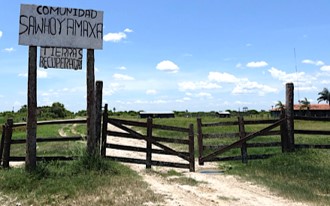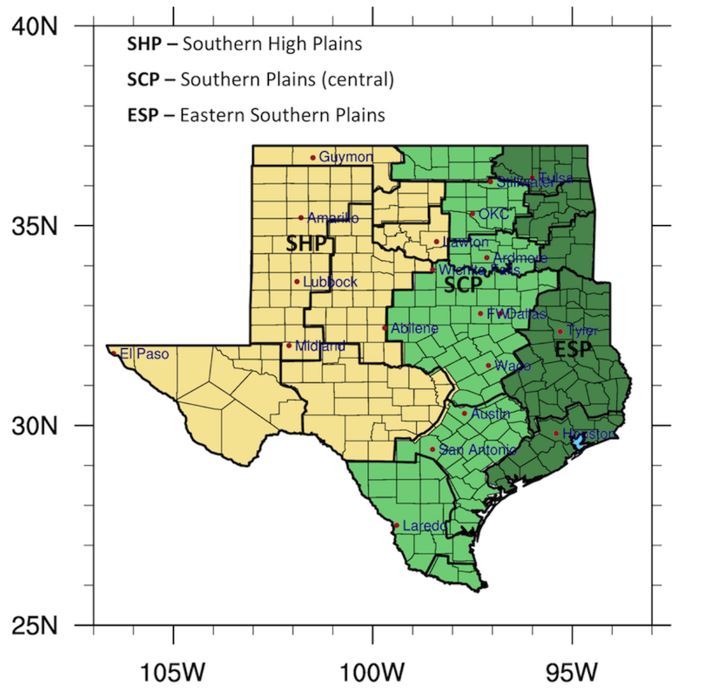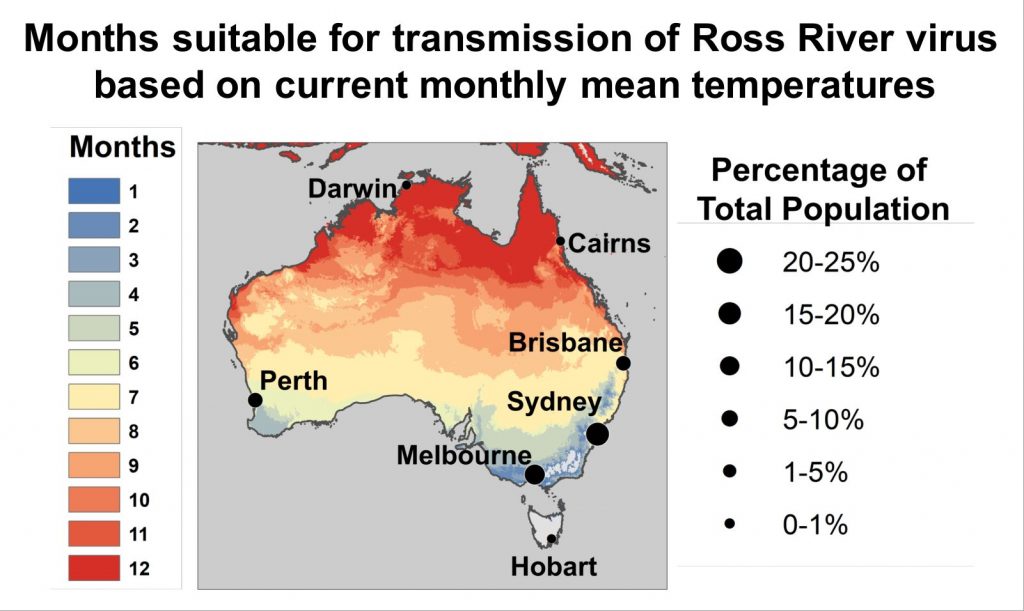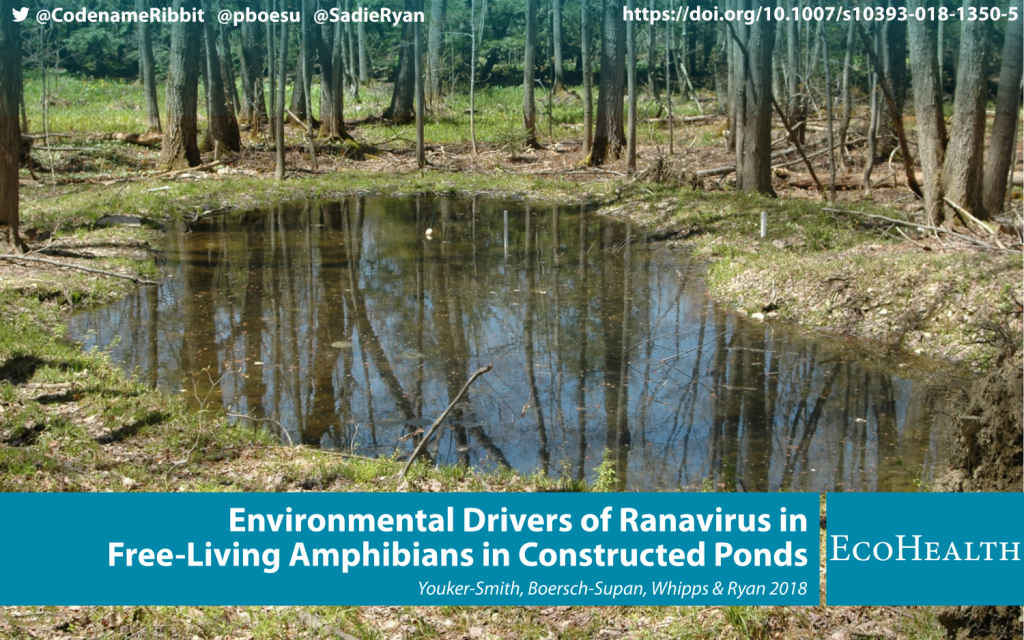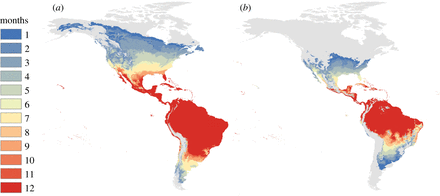Geography Colloquium: Indigenous Rights at a Crossroads – Land Conflicts, the Inter-American Court, and Liminal Legal Geographies in Paraguay’s Chaco
Indigenous Rights at a Crossroads: Land Conflicts, the Inter-American Court, and Liminal Legal Geographies in Paraguay’s Chaco Speaker: Dr. Joel Correia Assistant Professor, Center for Latin American Studies, University of Florida Thursday, September 27, 2018 2:50-3:50 PM (Period 8) Turlington Hall Room 3012 University of Florida All are welcome to attend.
